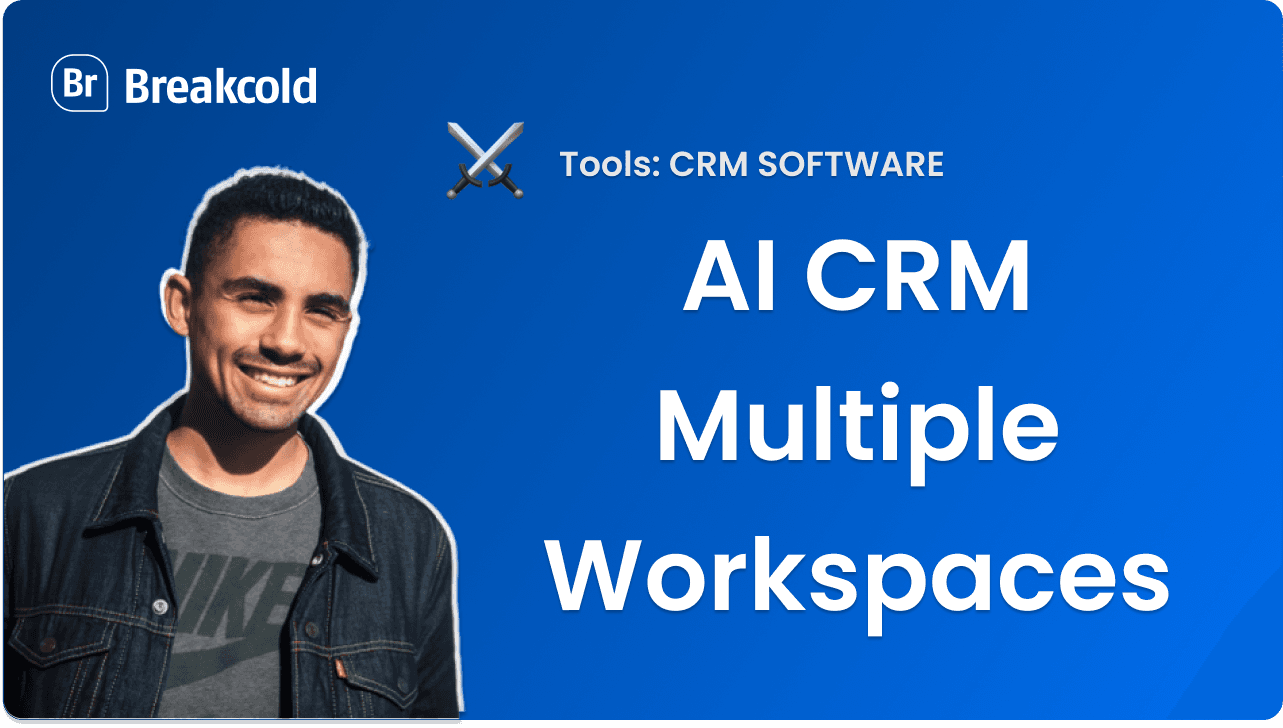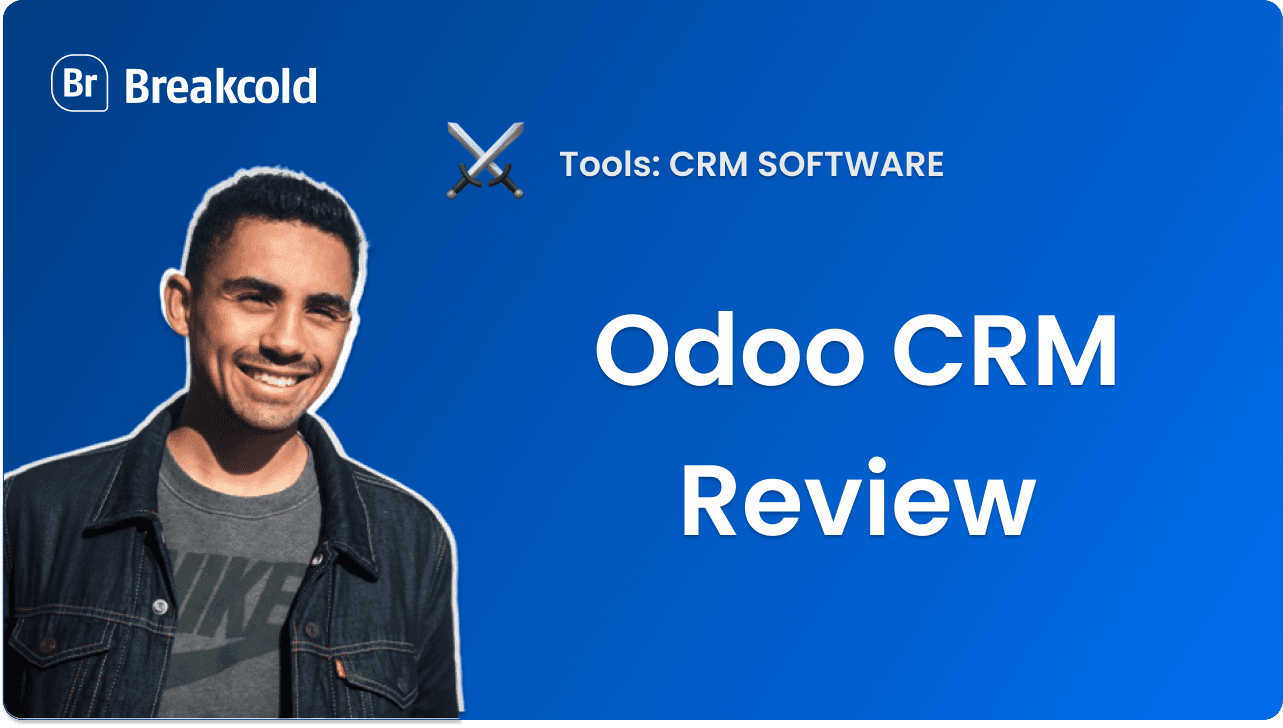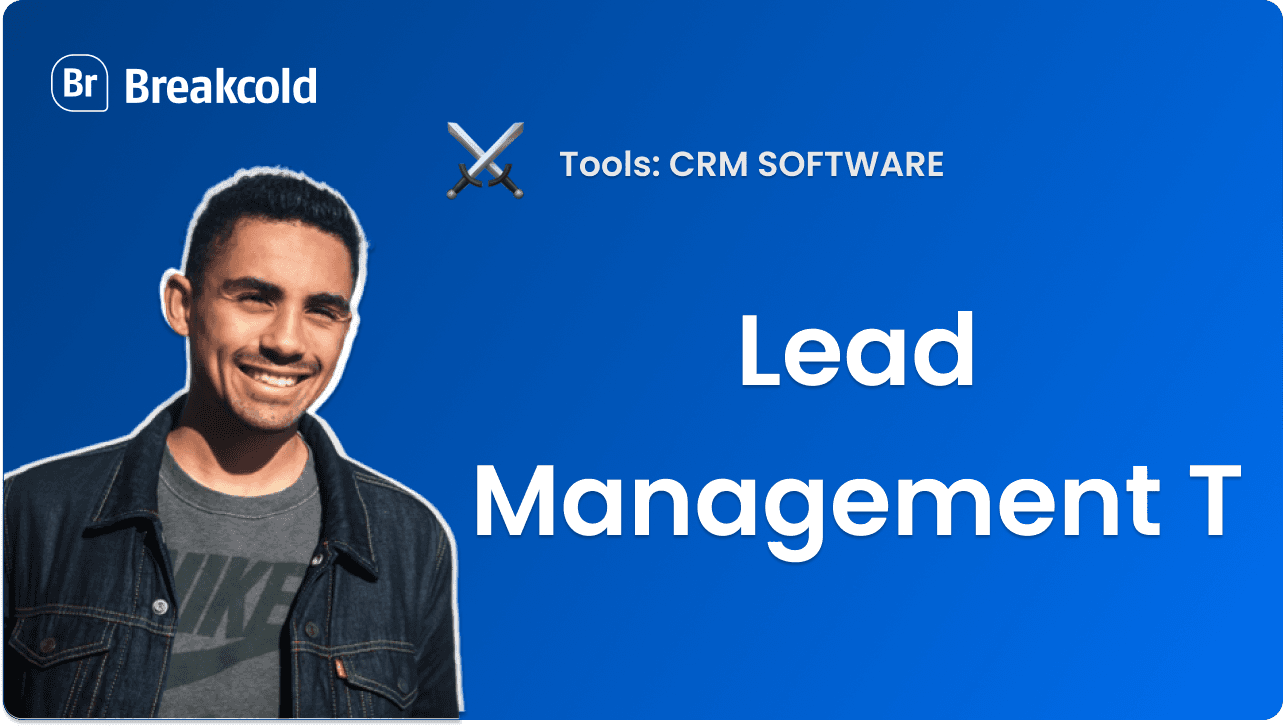
Salesforce vs Trello: Which CRM is the Best?
In today's competitive business landscape, finding the perfect customer relationship management (CRM) tool is crucial for the success of any organization. Two popular CRM solutions that often come up in the discussion are Salesforce and Trello. But which one is truly the best? Let's dive into the pros and cons of each to help you make an informed decision
1. Pros and Cons of Salesforce and Trello
1.1 Pros of Salesforce
One of the key advantages of Salesforce is its robust feature set. It offers a wide range of functionalities that cater to various business needs. From lead generation and opportunity tracking to customer support and analytics, Salesforce has it all. With its comprehensive suite of tools, businesses can streamline their processes and improve efficiency.
Moreover, Salesforce offers powerful customization options, allowing businesses to tailor the platform to their specific requirements. Whether it's creating custom fields, workflows, or reports, Salesforce provides the flexibility to adapt to unique business needs. This level of customization empowers organizations to optimize their CRM experience and align it with their existing workflows.
In addition to its customization capabilities, Salesforce's extensive marketplace, known as the AppExchange, offers a vast selection of integrations and add-ons. This allows businesses to extend the functionality of Salesforce by integrating it with other tools and systems they use. From marketing automation platforms to accounting software, the AppExchange offers a wide range of solutions to enhance the Salesforce experience.
However, it's important to note that Salesforce's complexity can be overwhelming for small businesses or organizations with limited resources. The learning curve to fully utilize all its features might be steep, requiring extensive training or even dedicated Salesforce administrators. This can be a significant investment in terms of time and resources for businesses that are just starting out or have limited IT support.
Another drawback of Salesforce is its higher cost compared to other CRM solutions on the market. While the platform offers immense value and functionality, its pricing structure may not be suitable for organizations with tight budgets. The cost of licenses, implementation, and ongoing support can add up, making it a less affordable option for some businesses.
1.2 Cons of Salesforce
While Salesforce offers unparalleled functionality, it may be overkill for smaller businesses that don't require all its features. The complexity of the platform can lead to difficulties in adoption, resulting in underutilization of its capabilities. This can be especially true for organizations that lack the resources or expertise to fully leverage Salesforce's extensive feature set.
Additionally, the higher price point may be a deterrent for organizations with tight budgets or those seeking a more accessible CRM solution. While Salesforce provides excellent value for larger enterprises with complex CRM needs, it may not be the most cost-effective option for small to mid-sized businesses.
1.3 Pros of Trello
Trello, on the other hand, excels in its simplicity and ease of use. It adopts a more visual and intuitive approach to task and project management, making it a favorite among teams and individuals alike. With its kanban-style boards, cards, and checklists, Trello provides a straightforward way to organize and track workflows.
One of the key advantages of Trello is its user-friendly interface. The platform is designed to be intuitive and accessible, allowing users to quickly grasp its functionalities without the need for extensive training. This ease of use makes Trello an ideal choice for teams that value simplicity and want to get started quickly.
Trello also offers integrations with popular tools like Slack, Google Drive, and Jira, enhancing collaboration and productivity. By connecting Trello with these external applications, teams can streamline their workflows and centralize their project management efforts. This integration capability further enhances Trello's value as a collaboration tool.
1.4 Cons of Trello
The primary limitations of Trello lie in its simplicity. While it may suffice for small to mid-sized businesses, it may not offer the scalability or advanced capabilities required by larger enterprises. As organizations grow and their CRM needs become more complex, Trello's basic CRM functionalities may not be sufficient to meet those requirements.
Some users may also find the lack of customization options restrictive, as Trello focuses more on providing a standardized user experience. While Trello allows for some customization through its Power-Ups, it may not offer the same level of flexibility as Salesforce when it comes to tailoring the platform to specific business needs.
1.5 Key Differences between Salesforce and Trello
When comparing Salesforce and Trello, it's essential to consider their fundamental differences. Salesforce is a comprehensive CRM platform designed for businesses of all sizes, offering extensive features and customization options. With its robust functionality and flexibility, Salesforce is well-suited for organizations that require a powerful CRM solution to manage their sales, marketing, and customer service processes.
On the other hand, Trello is a lightweight project management tool with basic CRM functionalities. It is ideal for small to mid-sized teams looking for a simple and visual way to manage tasks and projects. Trello's user-friendly interface and intuitive design make it a popular choice among teams that prioritize ease of use and collaboration.
Ultimately, the choice between Salesforce and Trello depends on the specific needs and priorities of the business. Organizations with complex CRM requirements and the resources to invest in a comprehensive solution may find Salesforce to be the better fit. Meanwhile, smaller teams or businesses that value simplicity and ease of use may opt for Trello as their project management and basic CRM tool.
2. How does Salesforce pricing compare to Trello?
2.1 Salesforce Pricing
Salesforce adopts a tiered pricing model, providing different editions to cater to various business needs. The pricing starts at the Essentials edition, which offers basic CRM features, and goes up to the Enterprise and Unlimited editions, which provide more advanced functionality. The exact pricing depends on the number of users and the specific edition chosen, making it essential to request a quote from Salesforce for accurate pricing information.
2.2 Trello Pricing
Trello offers a free plan that includes basic features, making it suitable for individual users or small teams. For businesses with more comprehensive requirements, Trello provides a Business Class plan, which offers additional features like priority support, advanced checklists, and integrations. Trello also offers an Enterprise plan for larger organizations needing enhanced security and dedicated account managers. The pricing for these higher-tier plans is available upon request from Trello.
2.3 Pricing Comparison
When it comes to pricing, Trello has an advantage over Salesforce, particularly for small businesses or teams on a tight budget. Its free and affordable paid plans provide a cost-effective solution. Salesforce, on the other hand, may be more expensive, especially for larger organizations that require additional features and customization options.
3. How do Salesforce integrations compare to Trello?
3.1 Salesforce integrations
Salesforce boasts a vast ecosystem of integrations through its AppExchange marketplace. With thousands of apps and integrations available, businesses can seamlessly connect Salesforce with various tools and services, such as email marketing platforms, customer support systems, and project management tools. This extensive integration capability allows organizations to build a tailored CRM ecosystem that aligns with their unique workflows.
3.2 Trello Integrations
While Trello may not offer the same level of integration options as Salesforce, it still provides integrations with popular tools that complement its project management functionalities. Trello integrates with platforms like Google Drive, Slack, and Jira, enabling users to connect and collaborate seamlessly across different applications. These integrations enhance Trello's capabilities and streamline workflow management.
4. Which one is the Best for You?
4.1 The Best for Salespeople
For salespeople, Salesforce is often the preferred choice due to its comprehensive sales management features. Its opportunity tracking, lead management, and forecasting functionalities provide sales teams with the necessary tools to streamline their processes and close deals effectively. Salesforce's advanced reporting and analytics capabilities also enable salespeople to gain valuable insights into their performance and sales pipelines.
4.2 The Best for Consultants
Consultants, on the other hand, may find Trello more suitable for their needs. Its intuitive interface and task management features make it ideal for organizing client projects and tracking progress. Consultants can create boards for each client, assign tasks to specific team members, and use Trello's checklist and due date features to ensure project milestones are met. The ability to integrate with tools like Google Drive also allows consultants to easily share files and collaborate with clients.
4.3 The Best for Digital Marketing Agencies
In the world of digital marketing, where collaboration and organization are paramount, Trello emerges as a preferred CRM option for digital marketing agencies. Its visual board view, customizable labels, and easy drag-and-drop functionality make it ideal for managing marketing campaigns, tracking content creation, and collaborating with team members. Additionally, Trello's integrations with social media management tools and content creation platforms provide a comprehensive solution for digital marketing agencies.
Ultimately, the choice between Salesforce and Trello depends on your organization's specific needs and requirements. While Salesforce offers a robust CRM platform with extensive capabilities, Trello excels in its simplicity and ease of use. Consider factors such as the size of your business, your budget, and the complexity of your CRM needs when making your decision. Both Salesforce and Trello have their strengths, and choosing the best CRM tool for your organization will ensure a more efficient and streamlined business process.




























![The 8 Best Social CRM Software in 2026 [Comparison]](https://framerusercontent.com/images/RYHyYapdgIi83BEWtMdX418.png?width=1280&height=720)
![The 6 Best LinkedIn CRM in 2026 [Comparison]](https://framerusercontent.com/images/Luywfni7ZKjb19yghbhNPy4I4qQ.png?width=1280&height=720)









































































































































































